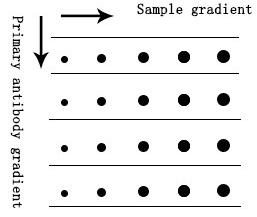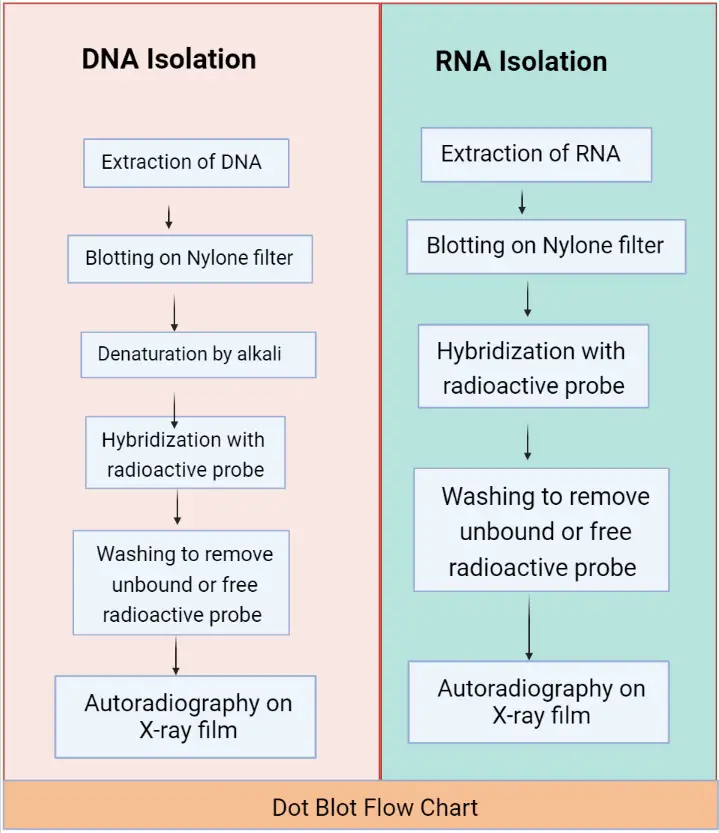
N6-methyladenosine upregulates miR-181d-5p in exosomes derived from cancer-associated fibroblasts to inhibit 5-FU sensitivity by targeting NCALD in colorectal cancer. The m6A methyltransferase METT元 regulates muscle maintenance and growth in mice. METT元 promotes colorectal carcinoma progression by regulating the m6A-CRB3-Hippo axis. m6A RNA methylation-mediated NDUFA4 promotes cell proliferation and metabolism in gastric cancer.

The methyltransferase METT元 promotes tumorigenesis via mediating HHLA2 mRNA m6A modification in human renal cell carcinoma. Publishing research using ab185912? Please let us know so that we can cite the reference in this datasheet.Īb185912 has been referenced in 102 publications. Therefore, more useful information for a better understanding of m6A RNA methylation levels and distribution on RNA transcripts could benefit diagnostics and therapeutics of disease. The dynamic and reversible chemical m6A modification in RNA may also serve as a novel epigenetic marker of profound biological significance. For example, abnormally low levels of m6A in target mRNAs due to increased FTO activity in patients with FTO mutations, through an as-yet undefined pathway, contributes to the onset of obesity and related diseases. Abnormal m6A methylation levels induced by defects in m6A RNA methylase and demethylase could lead to dysfunction of RNA and diseases.

The relative abundance of m6A in mRNA transcripts has been shown to affect RNA metabolism processes such as splicing, nuclear export, translation ability and stability, and RNA transcription.

m6A is mainly distributed in mRNA and also occurs in non-coding RNA such as tRNA, rRNA, and snRNA. The m6A RNA Methylation Quantification Kit (Colorimetric) (ab185912) is a complete set of optimized buffers and reagents to colorimetrically quantify methylated N6-methyladenosine (m6A) in RNA. m6A accounts for more than 80% of all RNA base methylations and exists in various species. It was shown that METT元, FTO, and ALKBH5 play important roles in many biological processes, ranging from development and metabolism to fertility. The m6A modification is catalyzed by a methyltransferase complex METT元 and removed by the recently discovered m6A RNA demethylases FTO and ALKBH5, which catalyze m6A demethylation in an α-ketoglutarate (α-KG)- and Fe2+-dependent manner. N6-methyladenosine (m6A) is the most common and abundant modification in RNA molecules present in eukaryotes.


 0 kommentar(er)
0 kommentar(er)
